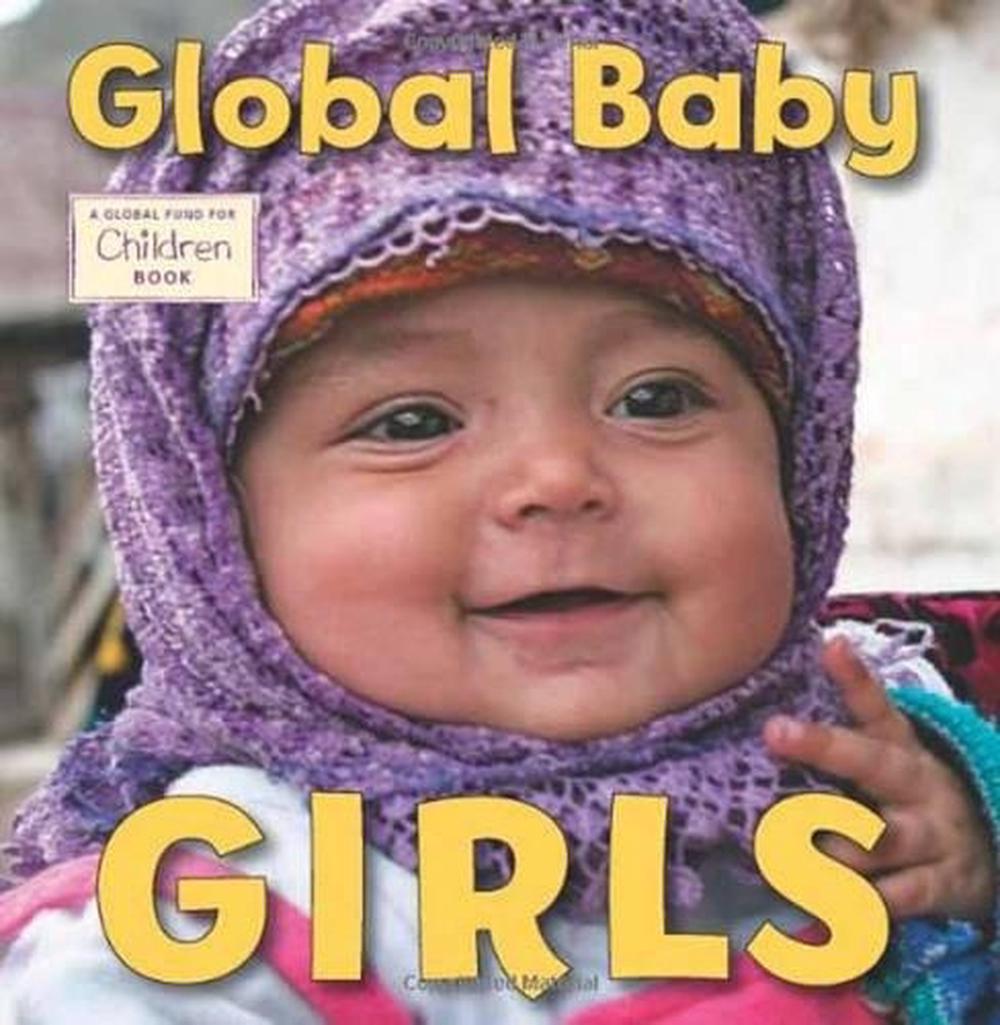


This mosquito thrives in warm, tropical, and subtropical climates. Malaria: an infectious disease caused by certain Plasmodium parasites, which are transmitted to humans by Anopheles mosquitoes. Although preventable and treatable, malaria causes significant morbidity and mortality, with the greatest numbers of cases and deaths in resource-poor regions and among young children. Malaria is one of the world’s most common and serious tropical diseases, with about half the world’s population at risk of being infected with malaria. is the largest donor to the Global Fund to Fight AIDS, Tuberculosis and Malaria (Global Fund), which in turn is the largest overall funder of malaria efforts in the world.

funding for malaria control efforts and research activities was approximately $1 billion in FY 2023, up from $822 million in FY 2013. Global Malaria Coordinator, as well as through other U.S. President’s Malaria Initiative (PMI) that is overseen by the U.S. malaria efforts include activities primarily through the U.S. government (U.S.) has been involved in global malaria activities since the 1950s and, today, is the largest donor government to global malaria efforts.

In a promising development in late 2021, the first malaria vaccine was recommended by the World Health Organization (WHO) for widespread use in young children.


 0 kommentar(er)
0 kommentar(er)
